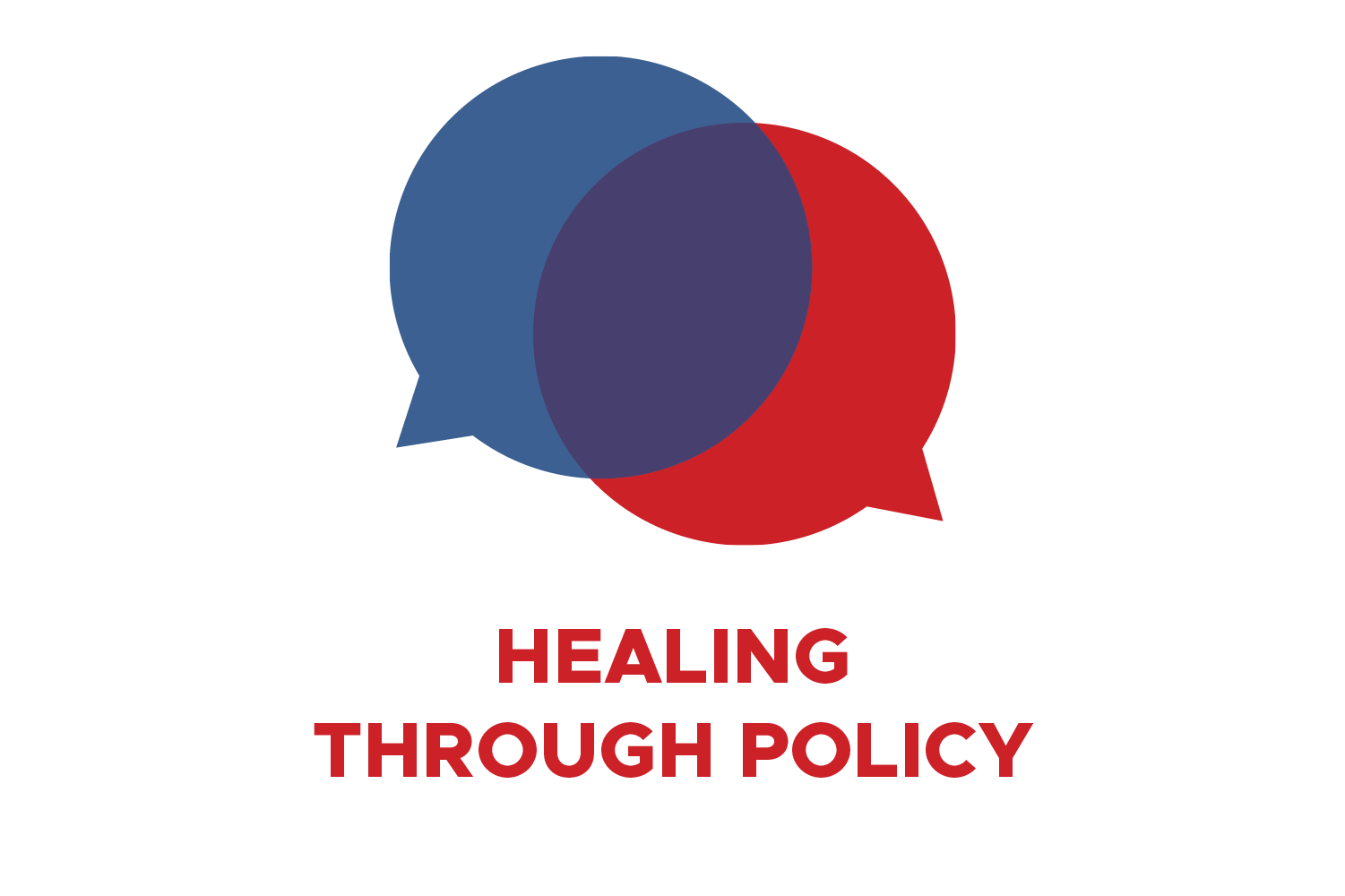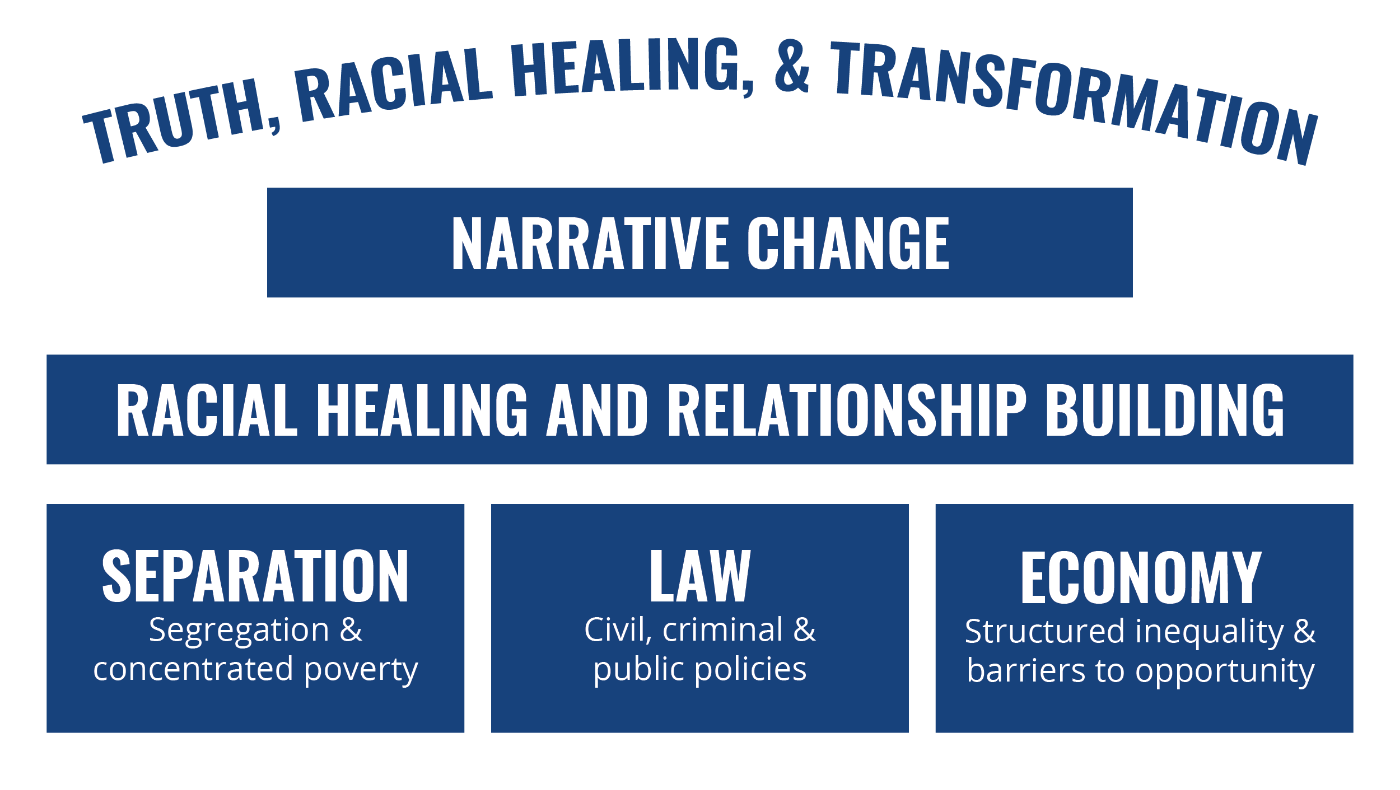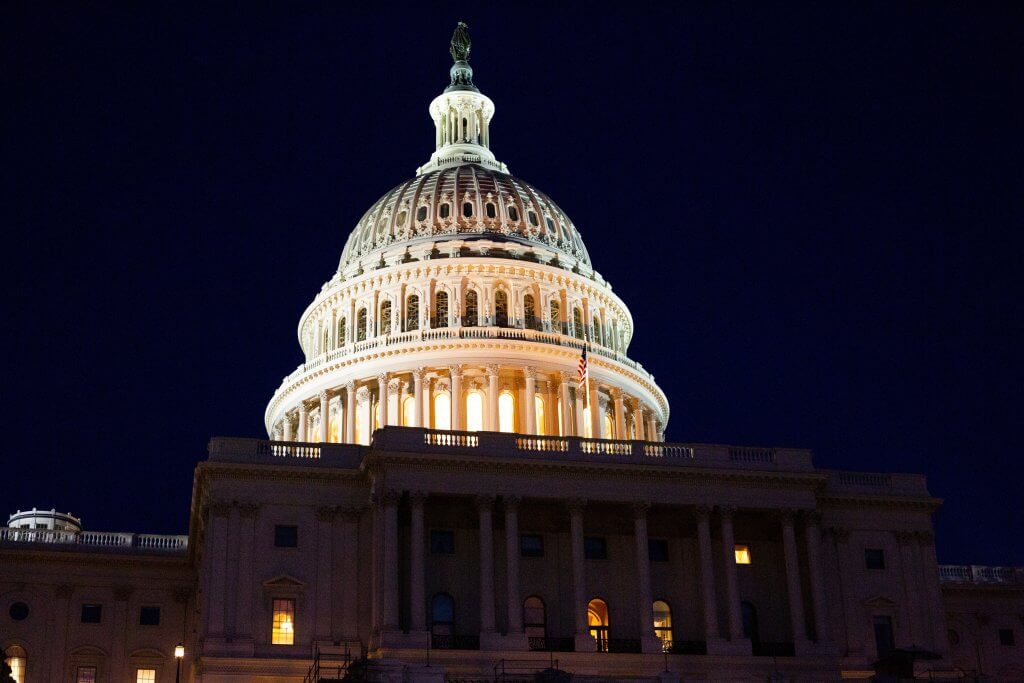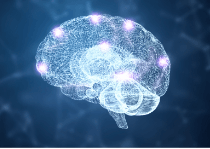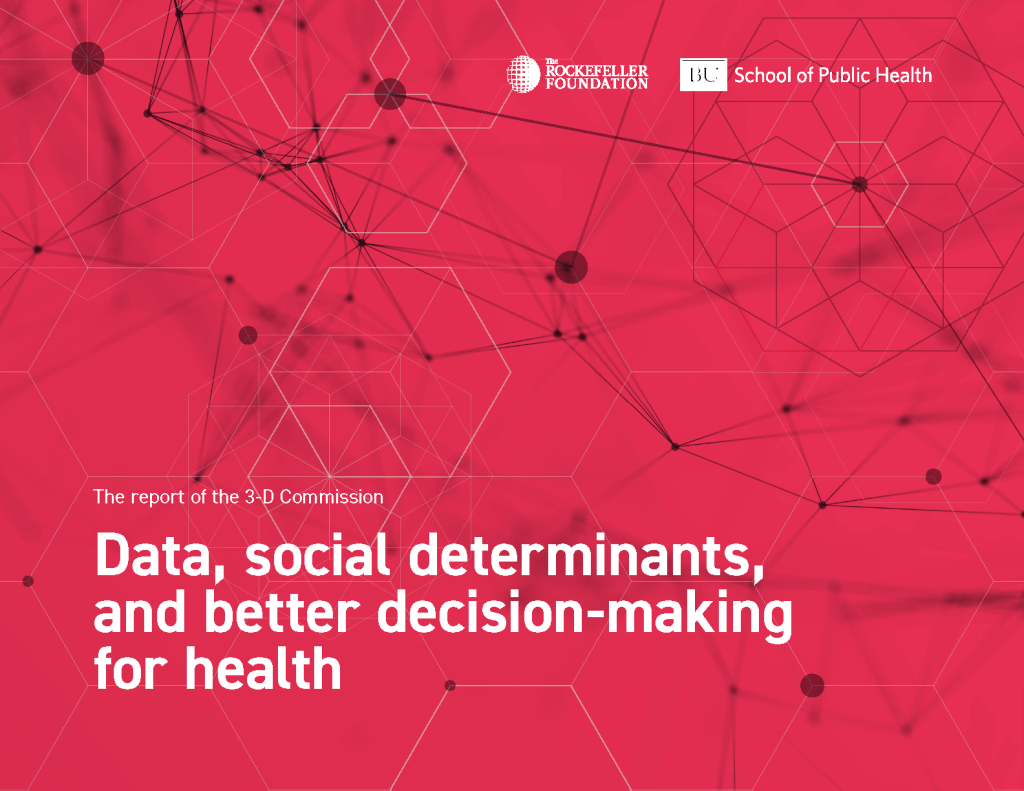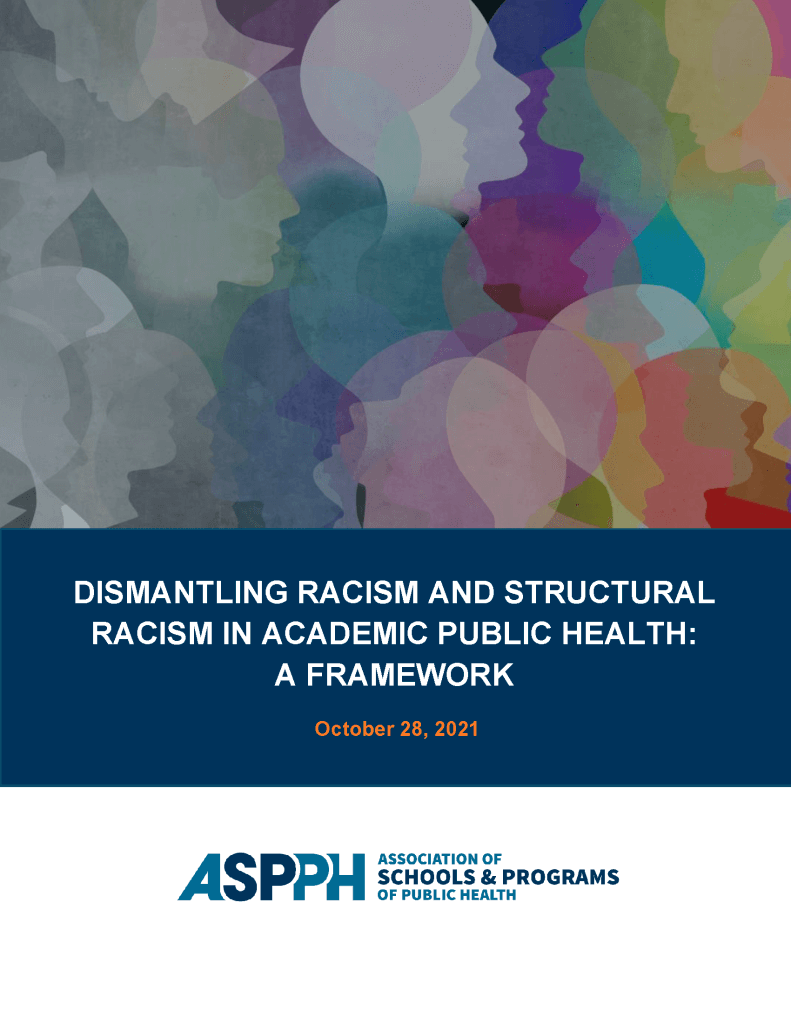OVERVIEW
Across the country, there is growing acknowledgment of the impact of racism on the health of individuals and communities. Through resolutions, executive orders, and other mechanisms, many local leaders are declaring racism a public health crisis and are committing to addressing systemic health and racial inequities. Leaders are exploring the policies and practices that are most needed to move from commitment to action and how to best use policy to effect meaningful change toward health, racial equity, and justice.
Launched in October 2021, Healing Through Policy: Creating Pathways to Racial Justice is an initiative of the de Beaumont Foundation, the American Public Health Association, and the National Collaborative for Health Equity, in collaboration with Results for America.
Using the Truth, Racial Healing, and Transformation framework, Healing Through Policy offers local leaders a suite of policies and practices that are being implemented across the country to promote racial healing and address social inequities.
To be included in the suite, each policy or practice must:
- Have been successfully implemented in at least one jurisdiction;
- Show promise of impact on health and racial equity (via evidence or expert opinion);
- Acknowledge and address historic racial injustices and demonstrate meaningful engagement of impacted communities; and
- Be under local jurisdictional authority.
In 2022 and 2023, Healing Through Policy partner organizations will convene communities of practice to identify, plan actions, and disseminate the local steps needed to implement a subset of curated policies and practices from the suite. The partners will provide technical assistance to communities of practice undertaking these efforts.
The communities of practice model will be used to:
- Organize groups of people from diverse localities who share common goals for policy and practice adoption/implementation to address racism as a public health crisis;
- Deepen communities’ learning and knowledge to collectively advance adoption/implementation; and
- Provide a structured and facilitated venue for peer-learning and action to achieve impact in localities.
These communities of practice will have the potential to serve as a model for other localities pursuing work toward racial and health equity.
